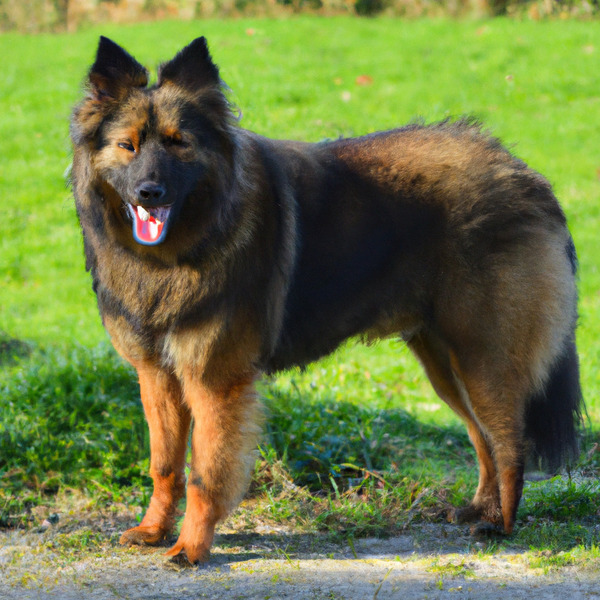Basque Shepherd vs. Chi-Chi: Breed Differences and Similarities
Hypoallergenic
Are Basque Shepherds or Chi-Chis hypoallergenic, or neither?
Unfortunately, neither Basque Shepherd nor Chi-Chi are hypoallergenic, which may not make them the best choice for dog lovers who suffer from pet allergies.
Watchdog Ability
Which dog breed makes a better watchdog, the Basque Shepherd or Chi-Chi?
Choose a Basque Shepherd if you want a top-notch watchdog. This breed takes guarding seriously, and may not require much training, though obedience or guard dog training can improve their skills.
Chi-Chis are decent watchdogs - they'll alert their owner if something seems amiss.
Ancestry
What are the origins of Basque Shepherd and Chi-Chi breeds?
Unknown
Chinese Crested and Chihuahua
Date of Birth
When were Basque Shepherd and Chi-Chi breeds first developed?
Ancient Times
Unknown
Eye Color Possibilites
What are the eye colors of Basque Shepherd and Chi-Chi dogs?
Brown
Amber
Brown
Nose Color Possibilites
What are the natural nose colors of Basque Shepherd and Chi-Chi?
Black
Black
Coat Color Possibilites
What are the natural colors of the coat for Basque Shepherd and Chi-Chi breeds?
Red
Isabella
Fawn
Black
White
Gray
Brown
White
Cream
Coat Length
What is the typical coat length for Basque Shepherd and Chi-Chi breeds?
The coat of Basque Shepherd and Chi-Chi dogs falls in the medium-length category.
Coat Density
What is the density of the coat of Basque Shepherd and Chi-Chi?
Coat Texture
What is the hair texture of Basque Shepherd and Chi-Chi?
Wavy
Straight
Litter Size
What is the usual litter size for Basque Shepherd and Chi-Chi?
A Basque Shepherd can have a litter of 12-15 puppies on average. However, it's worth noting that the size of the litters can vary greatly. Factors that can influence litter size include the health of the mother, breeding history, and genetics.
A Chi-Chi can have a litter of 2-5 puppies on average. However, it's worth noting that the size of the litters can vary greatly. Factors that can influence litter size include the health of the mother, breeding history, and genetics.
Major Concerns
What are the major health concerns for Basque Shepherd and Chi-Chi breeds?
Canine Hip Dysplasia (Chd)
Gastric Dilation Volvulus (GDV) or Bloat
None
Minor Concerns
What minor health issues should be kept in mind when owning Basque Shepherd and Chi-Chi?
Ear Infections
Cataracts
Congenital Heart Defect (CHD)
Patellar Luxation
Glaucoma
Lens Luxation
Hypoglycemia
Progressive Retinal Atrophy (PRA)
Dry Eye
Occasional Tests
What occasional tests are recommended for Basque Shepherd and Chi-Chi breeds?
Hip X-Rays
Dental Examination
Ear Examination
Echocardiogram Tests
Chest X-rays
Eye
Blood
Knee
Energy
How do the energy levels of Basque Shepherds and Chi-Chis compare?
Basque Shepherds thrive on an active lifestyle due to their high-energy nature.
Chi-Chis are suitable for those with a balanced lifestyle as they have an average energy level.
Exercise Needed
Basque Shepherd vs Chi-Chi exercise need comparison.
Basque Shepherds need high physical activity and are ideal for active individuals, but not suitable for sedentary lifestyles or small apartments.
Chi-Chis need moderate physical activity and are great for families and active individuals.
Tendency to Bark
Do Basque Shepherds or Chi-Chis bark more/less frequently?
Basque Shepherds bark moderately when necessary and may also bark due to certain triggers like fear, alarm, boredom, greeting, separation anxiety and compulsive barking.
The Chi-Chi is a vocal breed that frequently barks and howls, and may not be suitable for those seeking a quiet companion.
Activity Level
Which breed has higher energy, Basque Shepherds or Chi-Chis?
Basque Shepherd and Chi-Chi are high-energy dogs that require a lot of mental and physical exercise. Without proper stimulation and attention, these breeds can become problematic. If you're considering these breeds, be prepared to invest time and effort in their exercise and training.
Walks per Week
How many miles should Basque Shepherd or Chi-Chi walk each week?
There's really no limit to how far you walk your dog as long as they're comfortable. For Basque Shepherd, it's at least 14 miles / week. Just remember to build distance and stamina gradually over time.
There's really no limit to how far you walk your dog as long as they're comfortable. For Chi-Chi, it's at least 6 miles / week. Just remember to build distance and stamina gradually over time.
Activity per Day
Do Basque Shepherds or Chi-Chis require more exercise?
In general most Basque Shepherds usually need at least 90 minutes of exercise daily. This can be spread across the day and include all sorts of high-energy activities, like walking, running and playing.
In general most Chi-Chis usually need at least 45 minutes of exercise daily. This can be spread across the day and include all sorts of high-energy activities, like walking, running and playing.
Grooming
Which breed is easier to maintain in terms of grooming, Basque Shepherds or Chi-Chis?
The Basque Shepherd requires an average amount of grooming compared to other breeds.
The Chi-Chi has low grooming needs and is easy to maintain.
Brushing Frequency
What is the recommended brushing frequency for Basque Shepherd and Chi-Chi dogs?
Ideally, Basque Shepherd should be brushed at least 2 or 3 times a week (preferably daily) improve shedding.
Chi-Chi should be brushed at least once a week. Of course you can give them more frequent brushes if you find that they are still shedding a lot
Brushing Tools
What brushing tools are used for Basque Shepherds and Chi-Chis?
Pin Brush
Comb
Scissors
Nail Clipper
Pin Brush
Comb
Nail Clipper
Cups
How much food should be given to Basque Shepherd or Chi-Chi in cups?
For an average 40-79 pound (18 - 36 kg) Basque Shepherd feed 2 cups daily. But, keep in mind, the amount you feed is going to be dependent on the quality of the food you are feeding.
For an average 4-10 pound (2 - 5 kg) Chi-Chi feed 1 cups daily. But, keep in mind, the amount you feed is going to be dependent on the quality of the food you are feeding.
Daily Cost
Which breed has a higher daily cost, Basque Shepherd or Chi-Chi?
The average cost of a Basque Shepherd is somewhere $1.70 - $2.00 per day.
The average cost of a Chi-Chi is somewhere $1.10 - $1.40 per day.
Monthly Cost
Which breed has a higher monthly cost, Basque Shepherd or Chi-Chi?
The average per month expenses of a Basque Shepherd is between $48 - $63. This makes an average of $576 - $756 per year. It will be on the higher side when the dog is still small because it will need more frequent visits to the vet, shots.
The average per month expenses of a Chi-Chi is between $35 - $42. This makes an average of $420 - $504 per year. It will be on the higher side when the dog is still small because it will need more frequent visits to the vet, shots.
Intelligence
Comparing Intelligence: Basque Shepherds vs Chi-Chis
Basque Shepherd is a very intelligent and trainable breed.
Chi-Chi has below average obedience intelligence, but they excel in understanding human emotions.
Affection Dependance
Which is the more affectionate dog breed: Basque Shepherd vs Chi-Chi?
Dog Friendly
Which breed is more sociable with other dogs: Basque Shepherd or Chi-Chi?
{Basque Shepherds and Chi-Chis are average friendly towards other dogs. If they are raised with other dogs, they are likely to get along with them. And, if they are socialized properly from a young age, they will usually be great with other dogs.
Playfulness
Which breed is more playful between Basque Shepherd and Chi-Chi?
Basque Shepherds are a playful breed that needs daily playtime to be happy.
Chi-Chis have an average level of playfulness, enjoying playtime like most dogs but not excessively so.
Trainability
How do the trainability levels of Basque Shepherds and Chi-Chis compare?
Basque Shepherd and Chi-Chi dogs are known for their ease of training and ability to learn quickly, making them a popular choice for pet owners and trainers alike.
Compare Basque Shepherd with other breeds
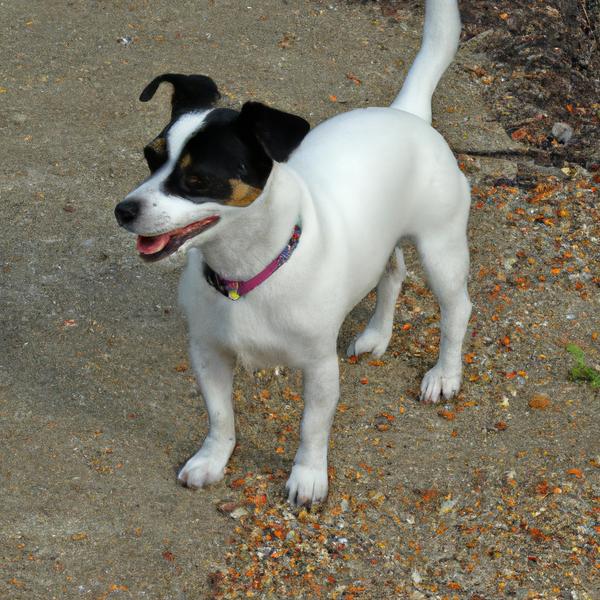
Minnie Jack
Basque Shepherd vs Minnie Jack
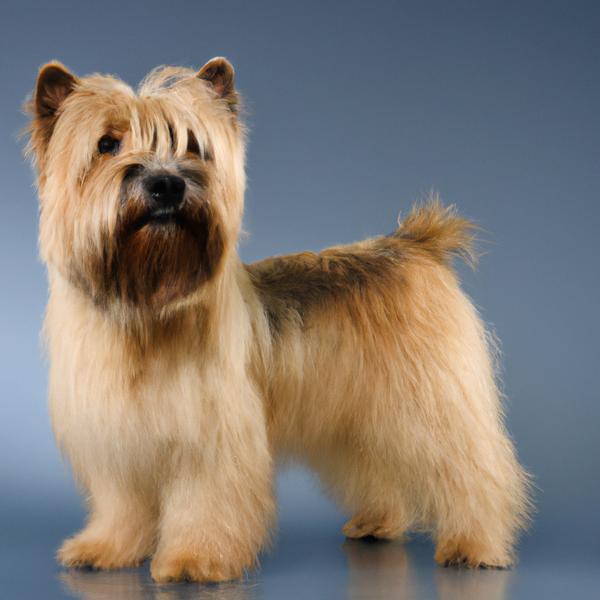
Silkland Terrier
Basque Shepherd vs Silkland Terrier
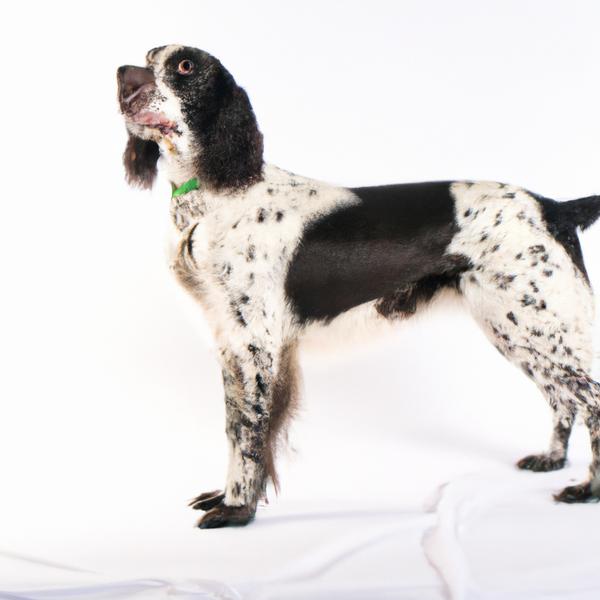
English Spanador
Basque Shepherd vs English Spanador
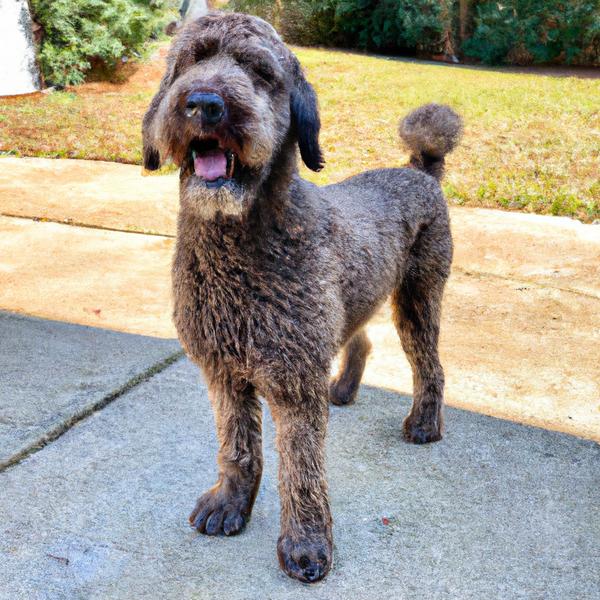
Belgian Shepadoodle
Basque Shepherd vs Belgian Shepadoodle

Boston Malterrier
Basque Shepherd vs Boston Malterrier
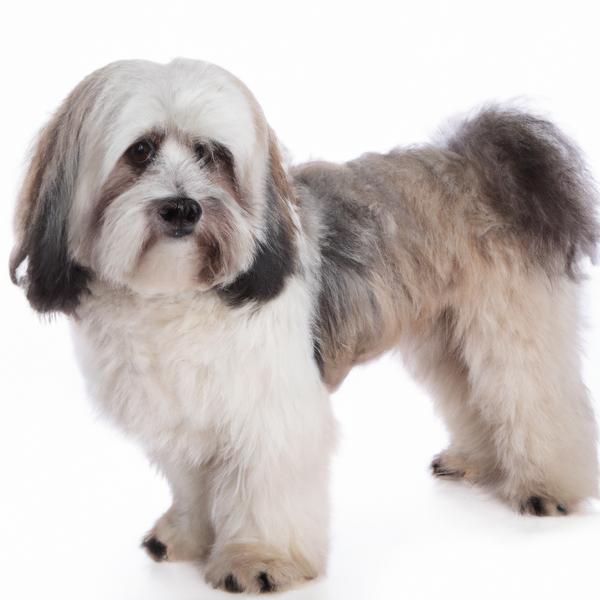
Havanese
Basque Shepherd vs Havanese
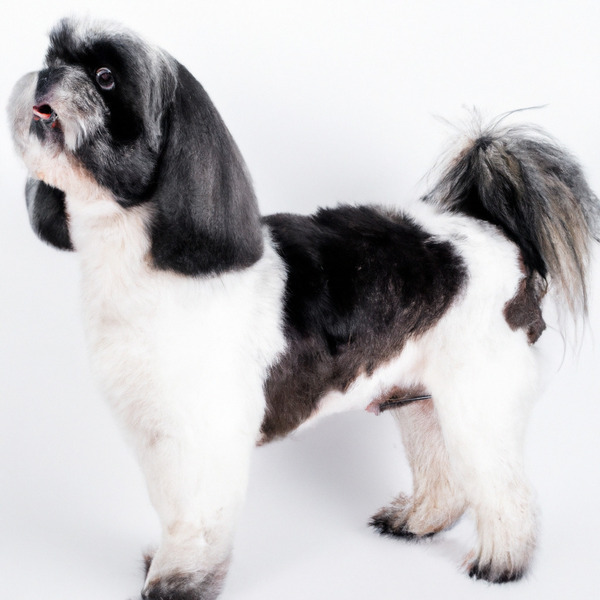
Chizer
Basque Shepherd vs Chizer
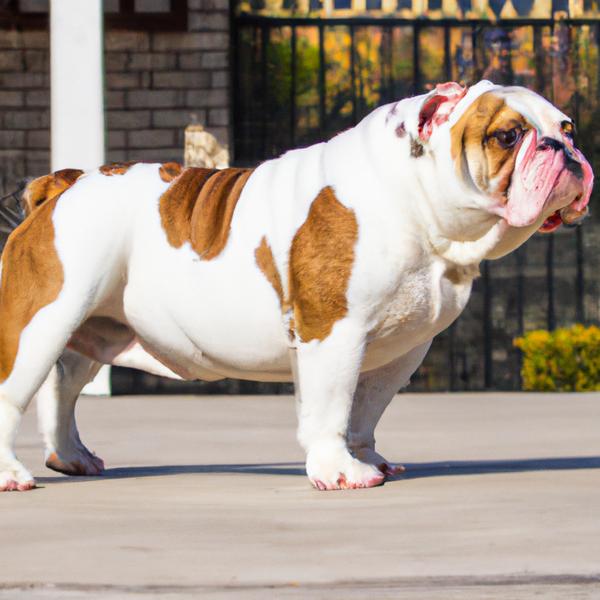
English Neo Bull
Basque Shepherd vs English Neo Bull
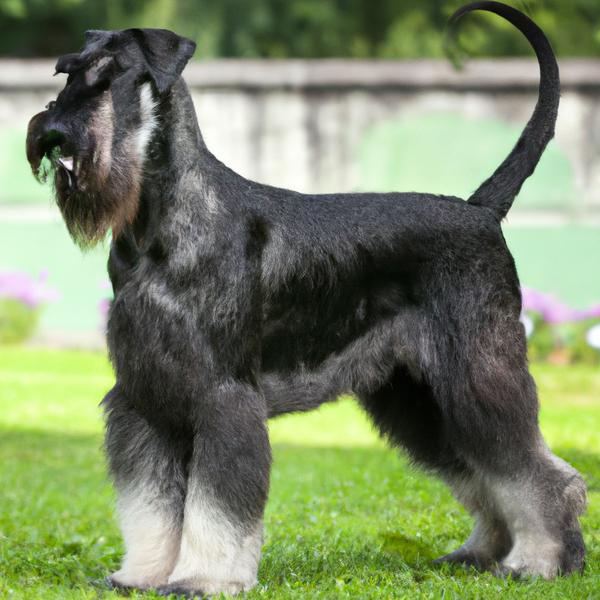
Giant Irish Wolf Schnauzer
Basque Shepherd vs Giant Irish Wolf Schnauzer
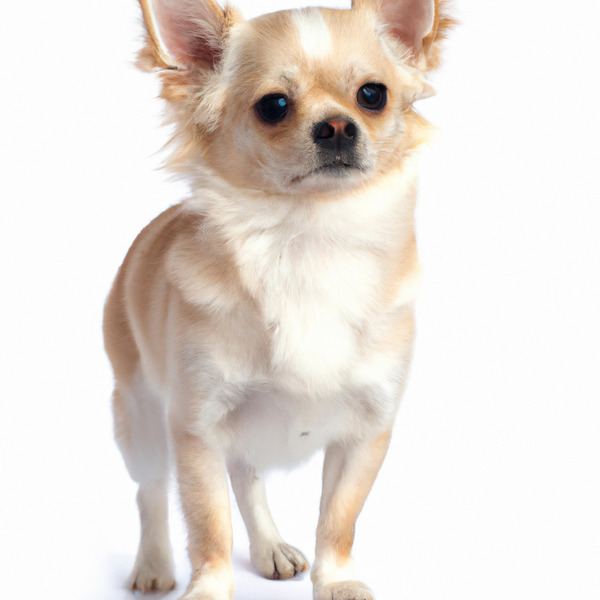
Chihuahua
Basque Shepherd vs Chihuahua

Golden Boxer
Basque Shepherd vs Golden Boxer

Care-Tzu
Basque Shepherd vs Care-Tzu
